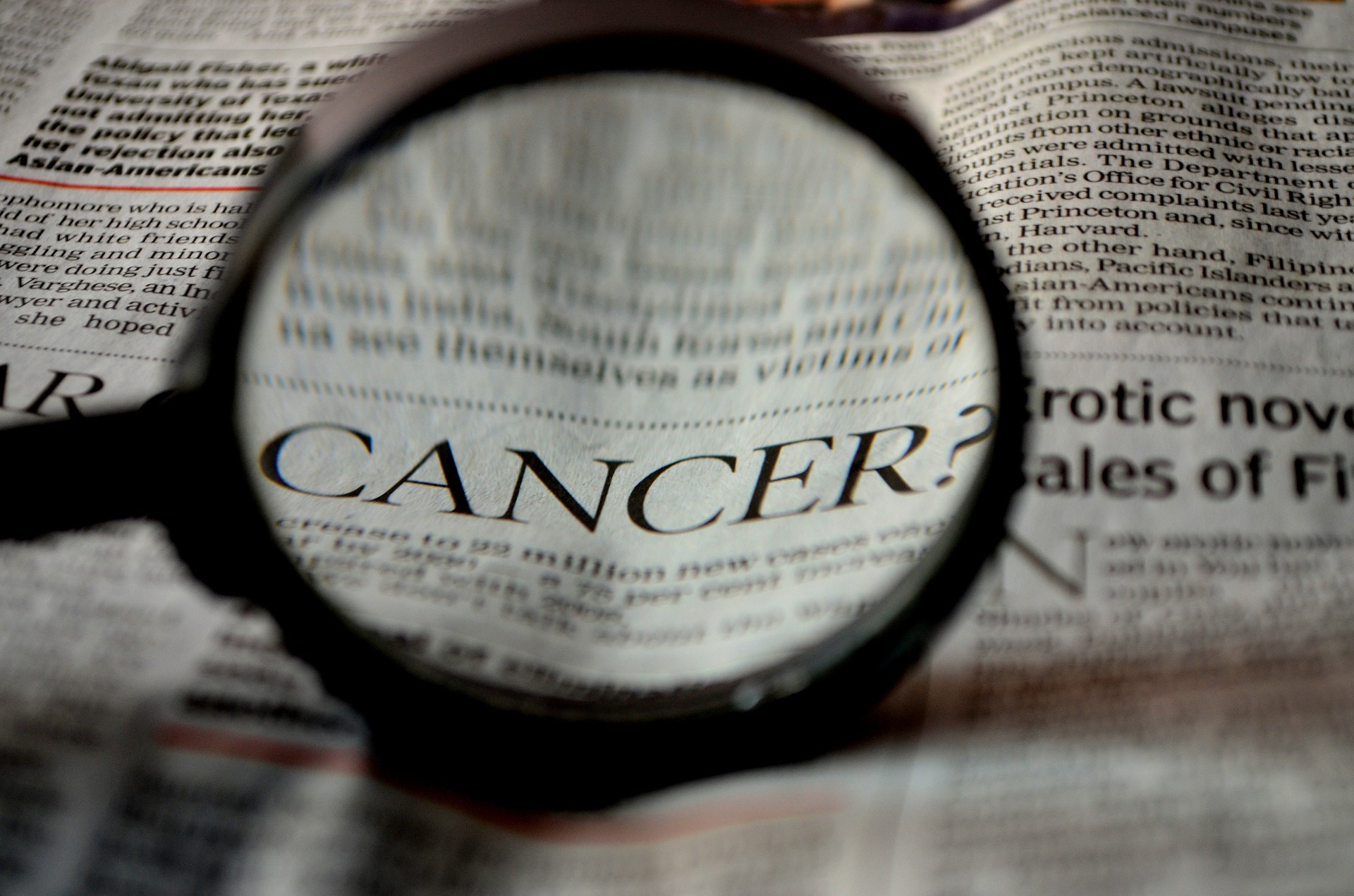Important Cancer Risk Factors and Prevention Tips

Most of us consider cancer a scary prospect. We participate in walks to further research and wear pink to promote awareness. However, many of us aren’t aware of important steps to lower cancer risks. Thankfully there are choices you can make to reduce your risks and even prevent cancer.
Lifestyle modifications
Many of your everyday choices can influence your risk for developing cancer. According to the National Cancer Institute there are basic ways to modify your lifestyle and potentially reduce cancer risks or prevent it altogether.
- Tobacco. Those who regularly use tobacco products or are exposed to them as through second hand smoke increase their risk for cancer. Tobacco products contain chemicals that can damage your cell structures, and there is no safe level of use. Studies show thirty percent of cancers are attributed to smoking, and the average adult American smoker loses thirteen years of life to smoking.
Smoking tobacco products increases risk for the following cancers:- Lung
- Throat
- Mouth
- Esophagus
- Larynx (voice box)
- Bladder
- Kidney
- Stomach
- Liver
- Pancreas
- Colon and rectum
- Cervix
- Breast
- Acute myeloid leukemia (a cancer of the blood)
- Smokeless tobacco products such as chewing tobacco increase risk of the mouth, pancreas and esophagus cancers.
- Alcohol. Drinking alcohol can increase risks for several cancers, such as mouth, throat, liver, and breast cancers. Risk increases with increased alcohol consumption, and increases dramatically if accompanied by tobacco use.
- Diet. Choosing a healthy diet might help prevent cancer, and some kinds of unhealthy foods are believed to increase risks. Evidence is generally inconclusive, but some researchers believe foods may be a key ingredient in cancers.
- Hormones. Hormone therapies for birth control or menopause can potentially influence a woman’s risk for breast cancer, endometrial cancer, vaginal cancer and cervical cancer. It’s important to discuss your particular situation and risks with your doctor if you are participating in hormone therapies.
- Weight. Obesity is thought to play a role in several cancers, such as cancers of the colon, breast, gallbladder, kidney and pancreas. While research isn’t conclusive on whether being overweight can cause those cancers, it is certain that maintaining a healthy weight, eating right and exercising does lower your risk for other diseases such as type two diabetes, heart disease, and high blood pressure.
Genetics
You may have a hereditary tendency toward certain cancers, so it’s important to be aware of your family medical history. For instance if your grandmother and your aunt both were diagnosed with breast cancer, it’s possible you have a genetic tendency toward breast cancer. There are tests that can evaluate whether you have a genetic mutation making you more apt to develop certain cancers. Scientists explain an assessment of your personal cancer history, your relatives’ cancer history and types of cancers should be taken into account, along with other risk factors, to decide if you should see a specialist for genetic testing.
Researchers note the strength of your family history toward certain cancers would include who in your family had cancer and what each person’s age was at diagnosis. People over the age of sixty developing certain cancers may not indicate a genetic tendency.
Cancer screenings
There are cancer screenings everyone should participate in at certain ages, and if your family history indicates a genetic tendency toward certain cancers, your doctor might recommend some screenings at an earlier age. For instance, you might need a baseline mammogram earlier if breast cancer runs in your family, or you might need a colon screening earlier if your relatives were diagnosed with colon cancer. Note that a lack of risk factors or family history does not mean you can skip screenings that are appropriate for your age. The American Cancer Society offers age-based guidelines for cancer screenings to help you decide if you are on track.
Risks and prevention
Maintaining a healthy lifestyle can be a huge key to preventing cancer or reducing your risks. It’s also important to know your family history and participate in cancer screenings. With these basic steps you can live a healthier life and may reduce your chances for cancer.
